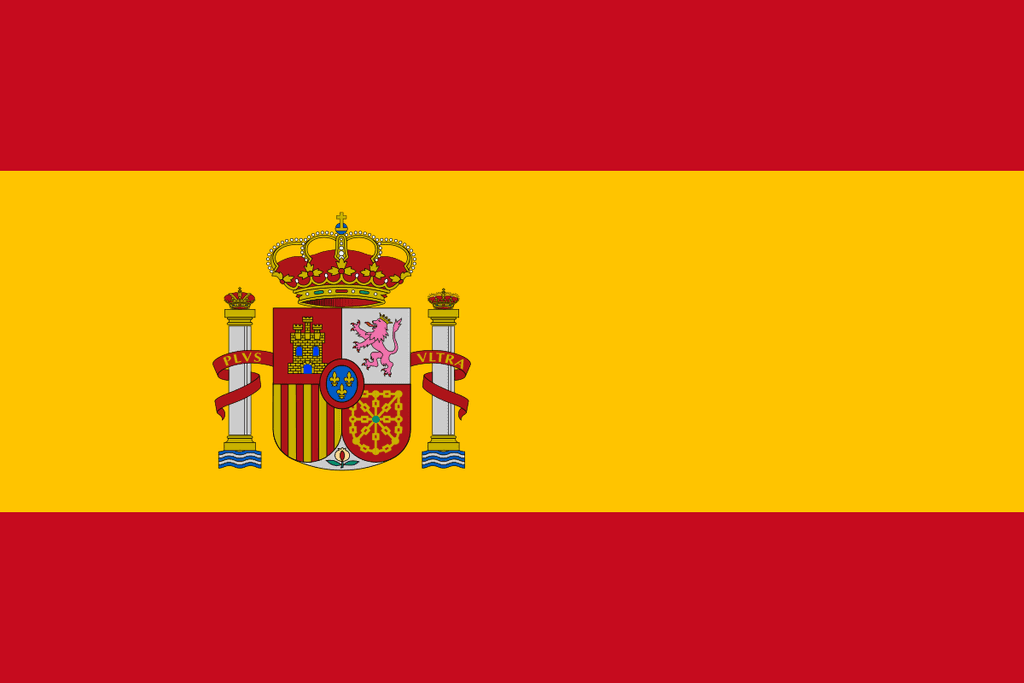

New Technology Partnership for Enhanced Traceability, Better Data Management, and Improved Impact Assessment
Every bite of chocolate tells a story. But how many of us know the origin of our favourite treats? It’s a long trip that most likely began on a small farm located within the “cocoa belt,” a region typically 20 degrees north or south of the equator. More often than not, the precise source of most chocolate remains unknown, and even less is known about the farmers who grow it. While we savour the flavour, many smallholder farmers face considerable challenges, struggling to earn a decent living wage and improve their livelihoods.
ECOSHIFT believes that effective solutions begin at the farm level. Their model helps smallholder farmers improve the quality of their cocoa, boost yields, and refine post-harvest techniques to produce premium Thai cocoa. By establishing direct partnerships with individual farms, they empower producers through skill development that improves agricultural practices and integrates technology into the supply chain. As a result, each cocoa bean reflects exceptional quality, leading to delicious chocolate creations.
A New Technology Partnership for Improved Supply Chain Management
Orijin recently entered a new technology partnership with ECOSHIFT to strengthen the services for our smallholder partner farms and improve supply chain management. The ECOSHIFT model aims to boost operational efficiency, ensure compliance, enhance traceability, and improve impact measurement for agricultural producers. This partnership delivers transformative benefits across the entire supply chain.
Here’s how:
Farmers gain access to precision agriculture tools to increase productivity and improve quality, data-driven insights, and fair compensation.
Chocolatiers receive authenticated premium beans with complete provenance data to craft unique flavours.
Consumers enjoy full transparency and connection to the source of their chocolate by scanning a QR code.

Mapping Farm Polygons for Improved Supply Chain Transparency
Capturing smallholder farm data in Thailand comes with a unique set of challenges. There are thousands of cacao farms throughout the country. Many are located in remote regions, and they use a diverse range of agricultural practices. The first step to helping each partner farm improve is understanding what they are doing and building a database with individual farm data. It’s a big job.
Through Orijin's mobile technology, ECOSHIFT can precisely map and monitor each partner farm — even in remote areas without internet connectivity. Its advanced AI helps auto-fix polygons and detect any overlap for improved accuracy.
Orijin tech also helps assess the risk of deforestation to ensure the ongoing integrity of the farm. Not only does this ease compliance with EUDR, CSDDD, and other regulations, but it also reduces the associated costs.
End-to-end traceability improves brand value and recognition, enhances access to differentiated markets, and generates higher revenues, resulting in a stronger impact for farmers. Our partnership ensures that every bean's journey is traceable and every farmer's progress is measurable.

Better Data Management for Improved Outcomes
Better farm data leads to improved farmer outcomes. From soil and water management techniques to integrating custom surveys and our Adoption Observations, ECOSHIFT works with each partner to create an effective farm development plan. This includes capturing year-on-year statistics to help farmers make annual comparisons and understand their progress. This complements our Farmer Toolkit, enables yield estimates, and can integrate with 3rd party data analysis.
Verified Purchasing
ECOSHIFT is committed to improving the lives and livelihoods of smallholder farmers. They pay fair prices to their partner farms so they can earn a fair living wage. Each batch of single-estate or blended-origin cocoa gets a QR code that allows all stakeholders to track and trace its journey from farmer to consumer.
The transparent approval process and associated digital payments are visible to farmers and buyers, enabling ECOSHIFT to create receipts, batch reports, and alerts.
Improved Post-Harvest Processing

A core component of the ECOSHIFT model is equipping farmers with the best fermentation and drying techniques. The partnership with Orijin improves how they manage post-harvest processes and associated data, starting with a unique batch number and its weight. Each turning is timestamped during fermentation, and the temperature before and after turning is recorded. Improved post-harvest processing tools enable farmers to record pH, fermentation grade, and Brix (°Bx).
Brix is a critical measurement of the percentage of soluble solids (primarily sugars) in the pulp that surrounds the cocoa beans. This measurement is important because sugar content directly affects fermentation quality — the yeast and bacteria feed on the sugars during fermentation. Monitoring Brix levels helps determine the optimal harvest time, predict fermentation behaviour, and assess if beans will ferment properly. Most importantly, it helps standardize the fermentation processes to ensure the best possible results, leading to better-tasting chocolate.
With fermentation complete, drying the beans is the next step. Capturing data related to fermentation grade, moisture content, the drying method, and timestamping each aeration helps us improve critical processes.
Chocolatiers can scan the QR code of each bag of premium Thai cocoa to track and verify the journey. It includes the weight, moisture content, fermentation grade, bag type, and bag count data. The platform can record and report the results of their final quality check, including cut tests, fermentation grade and index, and mapping flavour profiles at the warehouse. This enables them to confidently create unique flavours from ethically sourced beans from various terroirs.
When the final product is packaged, consumers can scan the QR code and track the entire journey.
Measuring Impact

ECOSHIFT is committed to understanding what is happening on each partner farm and the impact of our model. They monitor and report on social, environmental, and economic impact and fine-tune objectives as necessary to benefit their partner farmers. The improved impact measurement and assessment will help guide future actions that benefit farmers and their communities. They can create impact reports by calculating income generated and cross-referencing that to crops purchased.
ECOSHIFT together with Orijin, can tailor agricultural and other training, income, financial and diversification services to generate a strong positive impact for farmers, their families, and communities.
ECOSHIFT and Orijin
Our partnership reflects a commitment to the needs of the smallholder Thai cocoa farmer. By considering the realities of each farm, we can optimize operations and elevate business to access more premium markets. Traceability and improved operational management foster and enable resilient, ethical, and sustainable food systems of the future.
“Transforming cocoa supply chains and farmer livelihoods requires long-term commitment by the key actors, capacity building, systems and processes, and digital data and tools. In partnership with ECOSHIFT, we are in a position to deliver all the pieces of the puzzle to make supply chains more sustainable, economically viable, and environmentally friendly.”
Salla Mankinen, Orijin CEO and Founder
ECOSHIFT is building a sustainable path to agricultural production to benefit smallholder farmers. The scalable model fuses traditional farming techniques, modern practices, and technology for responsible growth. Our EUDR-compliant supply chain management model provides end-to-end verification and traceability to improve access to the EU and other markets.
by Tim Morch, Freelance Writer



